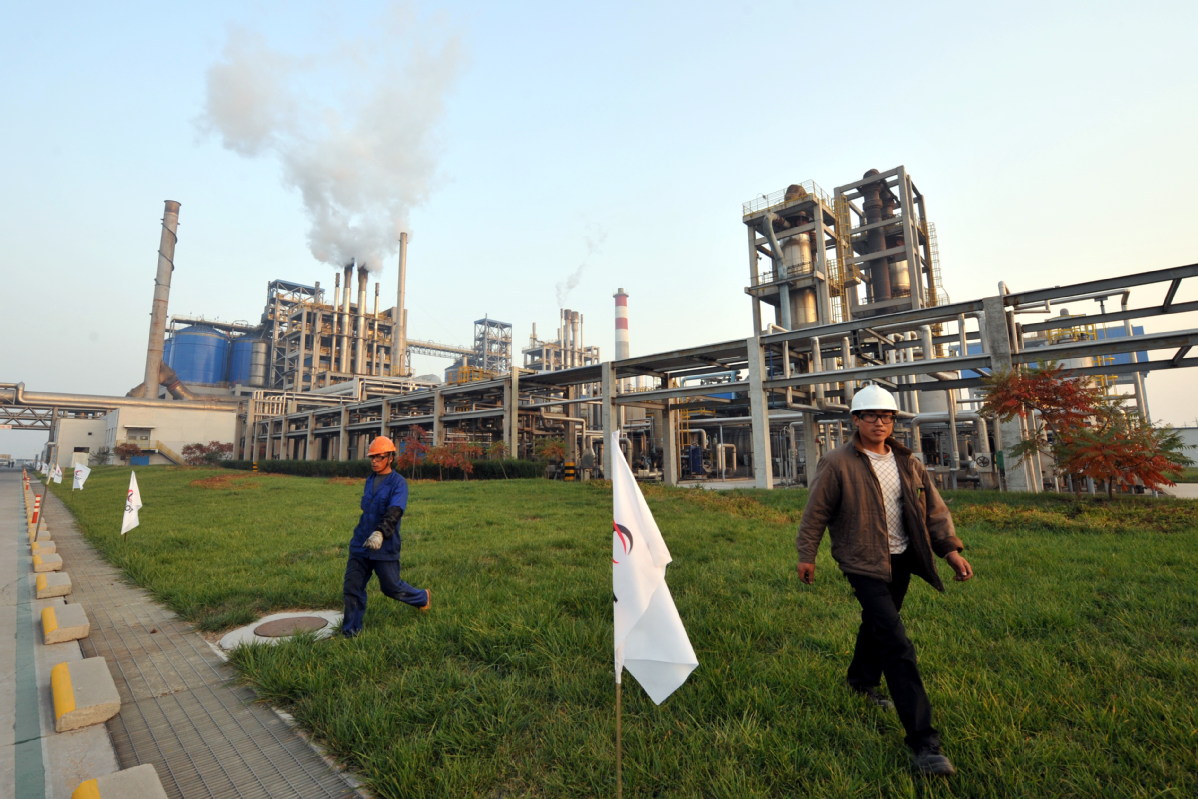US visa hurdles hurting firms


Companies face difficulties in technology exchange, training to Chinese employees
SHANGHAI - Cabot Corp, a US manufacturer of specialty chemicals and performance materials, has recorded stellar performance in China since entering the market over 30 years ago.
Over the past year, however, the American firm, which has invested over $700 million in China, encountered a new problem: US visa applications of its Chinese employees were repeatedly denied.
"Previously, our technical staff made nearly 20 trips every year to the headquarters in Boston for technical exchange and training. Over the past year, their visa applications were repeatedly refused, with no reasons provided," said Jeff Zhu, senior vice-president of Cabot.
"The Consulate General of the US in Shanghai often asked us to provide more materials for visa applications than before. By the time we got them ready, our staff often missed the training sessions in Boston," said Zhu, who is also the company's president for the Asia-Pacific region.
"Such visa refusals have had a negative impact on Cabot's business operations," Zhu said.
Tightened US visa restrictions have also affected members of the Chinese academia, with many students and scholars reporting difficulties getting US visas in recent months. China's Ministry of Education has warned them of the risks of going to study in the US, citing visa restrictions.
An early comer to the Chinese market, Cabot now has seven wholly-owned or joint-venture plants in China and has set up its Asia-Pacific headquarters and technical center in Shanghai. In 2017, the company's business revenue in China surpassed that of the US for the first time.
Zhu said when Cabot's plants in China needed the technology from the US side, they always paid for the transfer or usage of technology, "with not a single penny owed over the years".
"Today, we are still considering new investment opportunities in China. We focus on businesses in the long run," said Zhu. "I think this idea is shared by many foreign companies in China," the senior executive said.
Zhu said US tariff hikes on Chinese goods has affected many tire and rubber companies, hurting the industrial chain of his company.
"We hope the US government will be more coolheaded in negotiating a solution to the trade friction with the Chinese government," said Zhu. "A trade war will only lead to a chaotic market and more unemployment. It will do no good to either side."




































